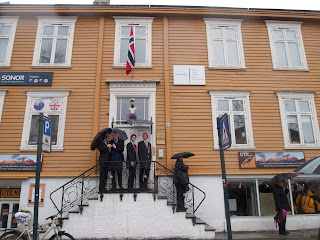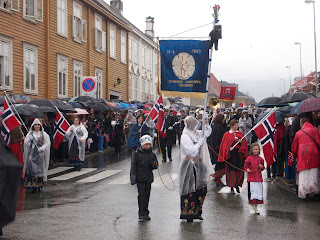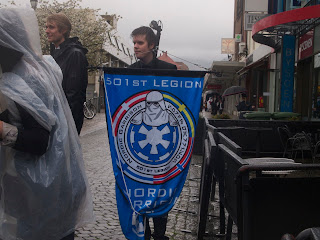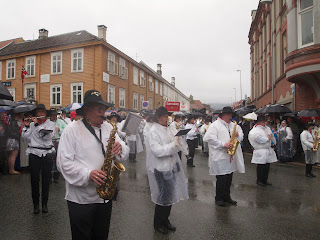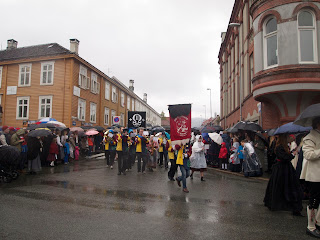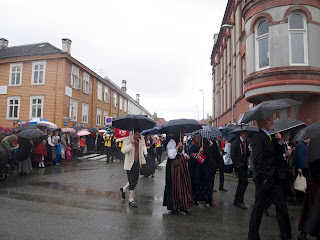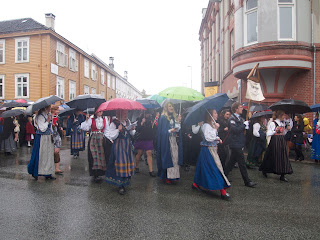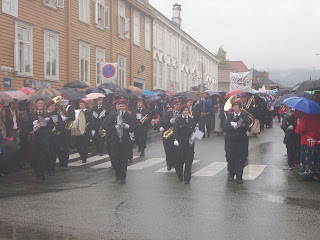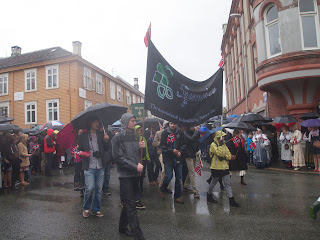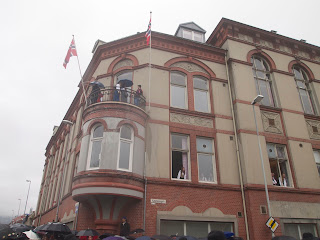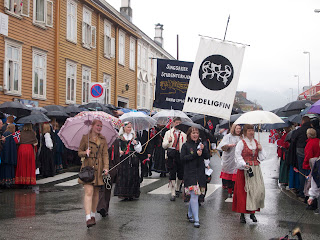This post is motivated by a not very recent discovery of people who are propagating the cause of oppressed social groups. [0] I have stumbled upon some very dramatic (and in my opinion exaggerated) posts that have hit me in the general area of empathy and could be very roughly generalized as “everything is very bad”. Since my empathy actually exists, it was (and still is) somewhat emotionally straining to read all that. And the question that rises in my head is, then, what can I do? Because watching people suffer is worse if you have no idea how to stop that suffering.
At this point, I have installed in my mind a Great Divide [1], a non-Maxwellian demon, that tries to filter texts from the “everything is very bad” department into two categories: the ones that disclose what the authors actually want and everything else. To make clear what I say, let me provide an example. Suppose someone laments about lack of medical supplies in a given area. Then it is actually possible to say something like “Hey, I happen to have a car and some logistic capacities.” and actually do something. For contrast, suppose someone laments about how the evil NSA is spying on you and is manipulating your local politicians, hence DOOM DOOM SURVEILLANCE GRAVEYARD. Then it is actually impossible to ask anything. Obviously, the person does not want DOOM DOOM SURVEILLANCE GRAVEYARD and probably making the NSA go away would be a good beginning, but there is no possibility for this to happen. As you can not possibly solve the problem even in the tiniest way possible (other than ejecting yourself into some safe place where no bad things happen), this realization makes you feel bad.
The reason for the Great Divide is somewhat complex and requires further explanation. The first of the sub-reasons for me is actually very selfish: My personal willingness to deal with things I personally cannot change is limited. My personal willingness to hear lamentations about things that must be “dealt with somehow” is also limited. Most of all, my capacity for dealing with (mine and other people’s) emotions is finite, and currently rather full.
The second sub-reason is rather ad hominem [2]. People who regularly write dramatic posts of the “DOOM DOOM SURVEILLANCE GRAVEYARD” often promote themselves to online authority figures because they write about things that the general audience considers interesting and relevant (because conspiracies, Hidden Complex Plans and similar stuff are always interesting and relevant). This is a system with positive feedback; thus, the author who writes dramatic posts feels compelled to write more dramatic posts to gather more audience. Finally, this leads to induced stress on the side of the audience (which is an unforgivable sin already) and something my 4chan part of the brain would call “attention whoring”. My non-4chan part of the brain tend to call this “clickbait” or “commentbait”. Either way, if someone’s goals are more and more skewed towards gathering more attention, then, probably, this is a less trustworthy source of anything.
The third sub-reason is also a little ad hominem. Multiple lamentations on how something is very bad and how we are all going to die reveal that the author has no willingness to get rid of this something. Even more, since this kind of “socio-humanitarian thinking” comes at zero cost (plus or minus some efforts for rationalization), it is a reason to suspect that this certain someone is actually either rooting for the “other side” or generally unwilling to put any effort to change the current state of affairs, which is from the result-oriented point of view indistinguishable. Either way, this person has lost her personal conflict. Raising awareness by hysteria does not count; even if you are willing to protect your cause by lethal force, even then it is best to keep calm. And do whatever you consider right, actually protect your cause and not whine about it.
Hence, my rising suspicion against people who regularly write hysterical posts about every kind of conflict.
[0] If you think that I am talking about “social justice” and evading the term, then you might be surprised, there are more causes than social justice. I describe very general patterns; this is applicable also to some of the so-called “patriotic bloggers” and all conspiracy theorists without exception 😉
[1] I notice that I am inventing terms. Please tell me if you have a problem with that. Please notify me immediately if I start furiously promoting my freshly-invented terms.
[2] Ad hominems are, however, not all bad. Sources of information may be more or less trustworthy. A non-trustworthy source with strange objectives is cognitively not more useful than white noise.




